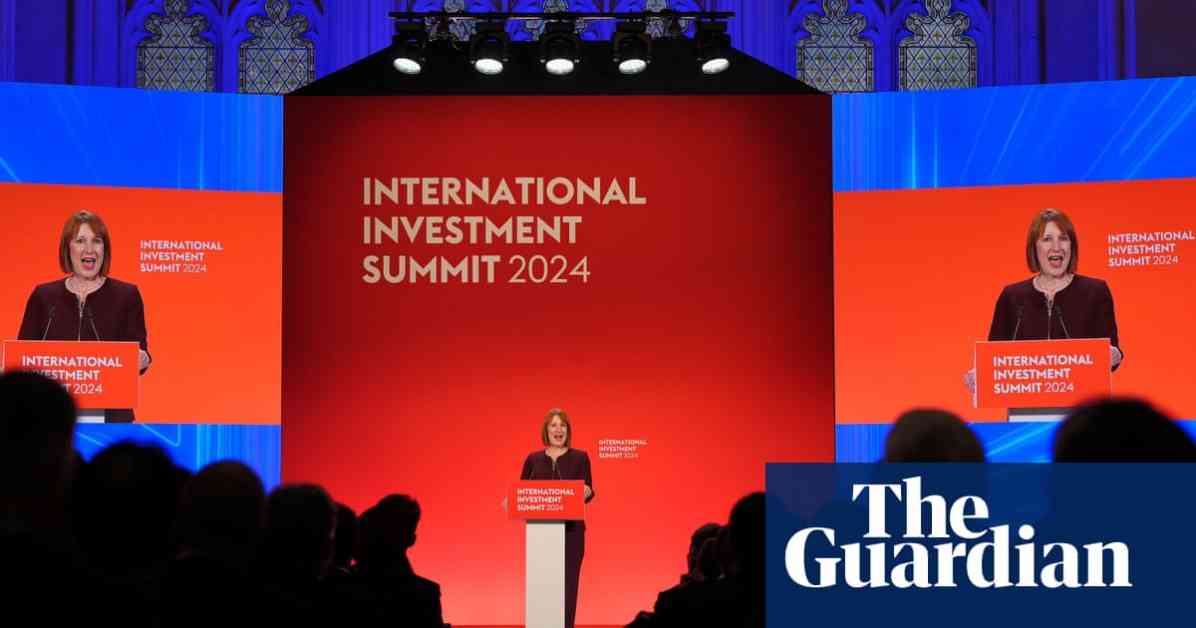Rachel Reeves has strongly hinted at the possibility of increasing employer national insurance contributions in the upcoming budget, sparking allegations that Labour may be breaking its manifesto promises. The chancellor emphasized the need for tax rises to ensure fiscal stability during the government’s international investment summit in London, stating that tough decisions need to be made.
Despite rumors of imposing national insurance on employers’ pension contributions, Reeves did not rule out the possibility, citing the £22bn deficit that the government needs to address. She reiterated the importance of fulfilling manifesto commitments while addressing the need to close the spending-revenue gap.
Keir Starmer echoed this sentiment, emphasizing the urgency of addressing public service needs and financial challenges. He highlighted the significance of early actions in government and the necessity of making difficult decisions to stabilize the economy.
Reeves defended potential tax increases on employers, stating that businesses understand the need for fiscal responsibility to attract investment and maintain competitiveness globally. She acknowledged the challenges ahead and the importance of balancing the books while ensuring economic stability.
Critics have raised concerns that raising employer national insurance contributions would violate Labour’s pledge not to increase income tax, VAT, or national insurance. Paul Johnson from the Institute for Fiscal Studies emphasized that such a move would directly contradict the manifesto promise.
Furthermore, accusations have been made against Labour for reducing the proposed investment in the National Wealth Fund, designated for green projects, from £7.3bn to £5.8bn. This reallocation of funds has sparked debates about fulfilling manifesto commitments and investment priorities.
Despite these challenges, Labour remains committed to maintaining corporation tax at 25%, as outlined in the manifesto. Reeves emphasized the party’s dedication to certain tax policies while acknowledging the need for tough decisions in the upcoming budget.












